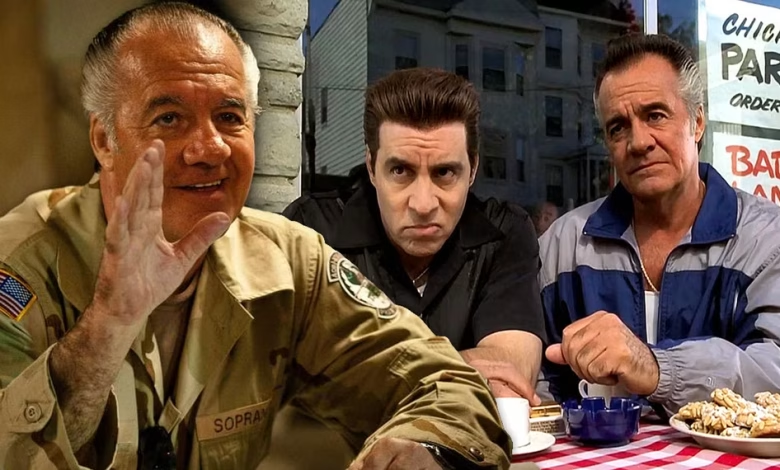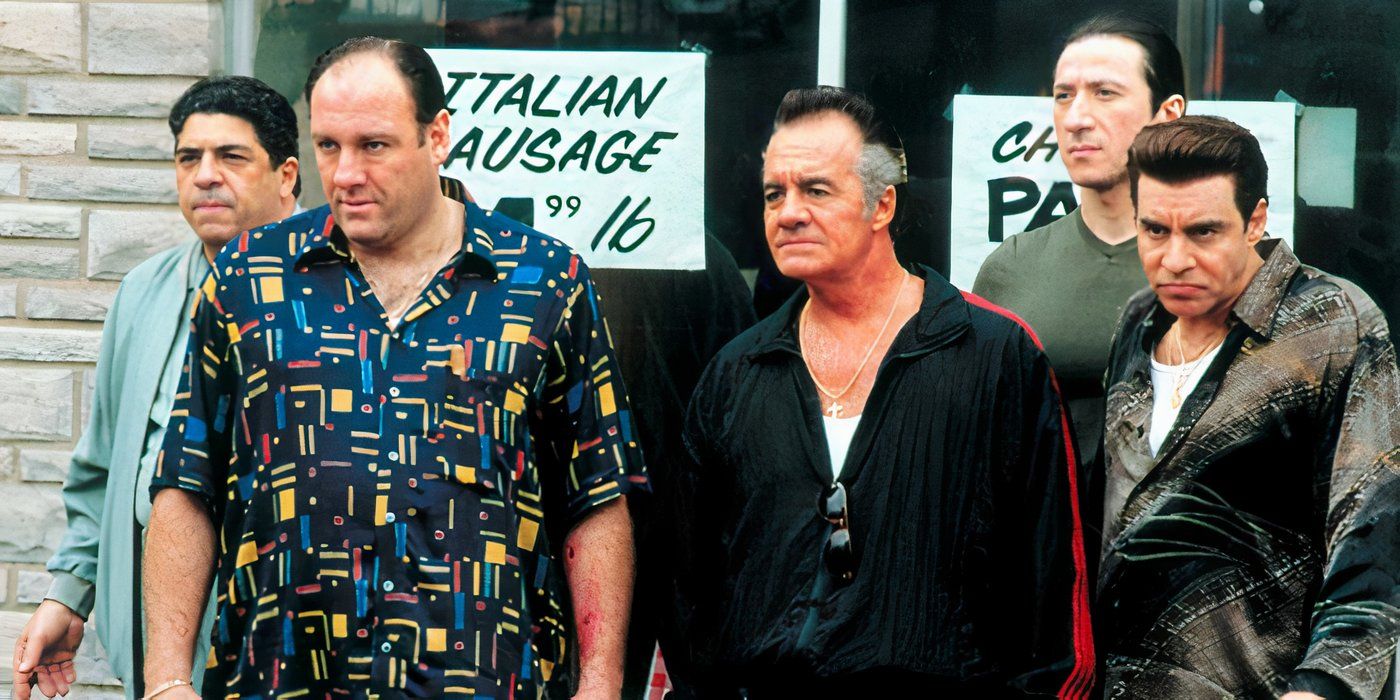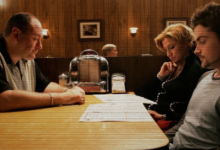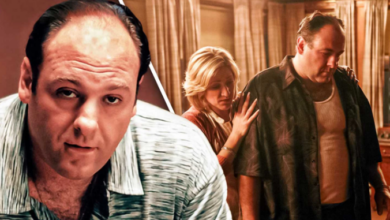Tony Sirico’s 1 Condition for Playing Paulie in The Sopranos Quietly Proved How Perfect He Was for the Role

Paulie turned out to be a perfect match for Sirico. Paulie’s loyalty, his constant need for validation, and his unwavering devotion to Tony Soprano made him one of the most memorable characters on the show. Even in his most vulnerable moments, Paulie was a character that refused to compromise his values. And a big part of that was down to Sirico himself, who refused to play a character that was anything but loyal.
Tony Sirico Almost Played Junior Soprano
As with any TV show and film, when The Sopranos first began casting, David Chase imagined several different actors for the various roles. One of the most interesting casting near-misses was Tony Sirico, who initially auditioned for the role of Junior Soprano. As Tony’s uncle, Junior is one of the show’s most memorable characters. So, it’s no surprise that Sirico, already an actor with minor roles in some of cinema’s biggest gangster films, would go out for the role. In the end, it was Dominic Chianese who landed the role of Junior, but it wasn’t long before Chase found a role that would perfectly fit Sirico’s unique presence. During an interview with Deadline in 2019, Sirico explained:
David Chase didn’t know me the first time we met, but I had the greased back hair, and he puts this hat on my head, and said, “Be an old man.” So I said, “These kids today!” That’s what I gave him and he loved it. He calls me back the following week to come do it again. I do the same routine, same voice, without the hat. Third time, I get a call and I’m feeling something good was happening. They took me downstairs where they film these auditions. It’s me, Dominic Chianese, Frank Vincent, all doing the same guy, Junior Soprano.
When it came to my audition, all I said was, “These kids today!” I gave I all I had, David nodded and said thank you. I walked out, went home and said to myself, well there was a lotta cursing in the kitchen. Junior was 75, an old man. I got a phone call, it’s David Chase and he says, “I got a good character for you. You’re gonna play a guy named Paulie Walnuts.” Bada Bing. That’s how it happened. I say, who is he? David says, “You’ll like him.” And boy, let me tell you, I loved him. I am still Paulie. I can’t go home no more. I am Paulie, till I pass.
Sirico Agreed to Play Anything But a “Rat”

There are plenty of “rats” in the gangster genre, informants giving up one of their own to save themselves. From Henry Hill’s decision to testify against his former associates in Goodfellas, to Fredo Corleone betraying his own brother in The Godfather Part II, the “rat” represents a violation of the unspoken code of loyalty that governs mob life.
Yet, despite how common it is in gangster stories, Tony Sirico made it clear that he would never play such a character in The Sopranos. His refusal came from a particular moment from the early days of his career. During the same 2019 Deadline interview, he explained:
I come from the streets. I been in the Army, I been everywhere. I wouldn’t play a rat if you put a gun to my head and if you did put a gun to my head, you better empty it. I did a Baretta episode with Robert Blake, this is at the beginning of my career. I’m playing a bad guy, and he’s got me on the floor, with his foot putting pressure on my arm. Baretta wants the name of a guy who shot this girl. “I’ll ask you one more time, who killed that girl?” And I tell him. This was in California and when I came back to New York, I was so proud and my kid was there and I said, Richie, what did you think? He said, “You ratted, dad, you ratted.” Never again.
In The Sopranos, audiences see this loyalty in action throughout the series. Even in his most erratic moments or when starts to suspect that someone within the crew might be disloyal or out to get him, Paulie’s commitment to the family remains clear. He’s a character who, despite all his quirks and flaws, stays true to the one thing that matters most in the mob world: loyalty. Sirico’s personal refusal to betray that same code in real life echoes through his performance and makes Paulie one of the most memorable characters on the show.



